Unlocking Learning: The Best Unblocked Games For School
Unlocking Learning: The Best Unblocked Games for School
Related Articles: Unlocking Learning: The Best Unblocked Games for School
Introduction
In this auspicious occasion, we are delighted to delve into the intriguing topic related to Unlocking Learning: The Best Unblocked Games for School. Let’s weave interesting information and offer fresh perspectives to the readers.
Table of Content
Unlocking Learning: The Best Unblocked Games for School
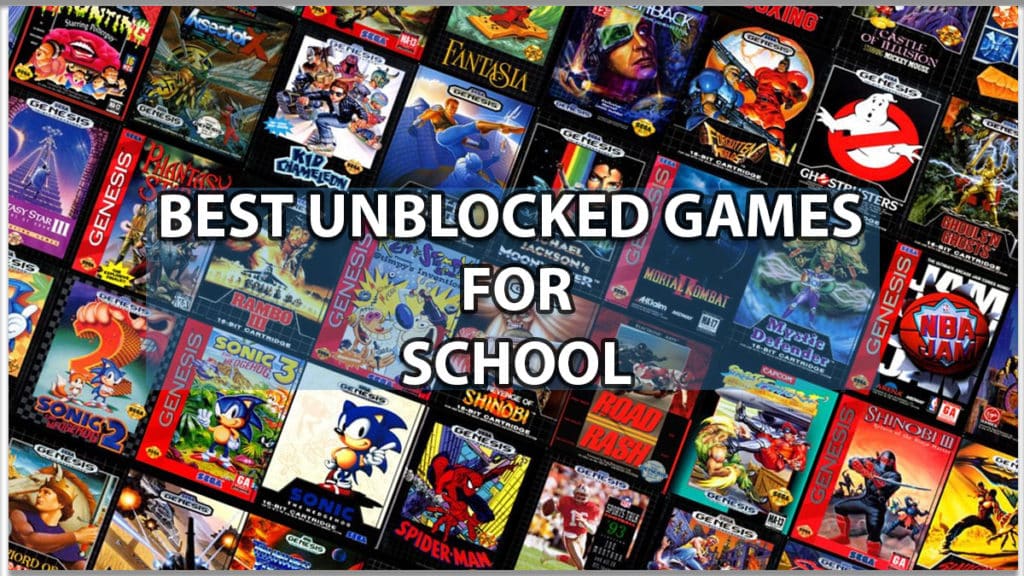
In the digital age, educational institutions are increasingly embracing technology to enhance learning experiences. While the primary focus remains on academic subjects, the strategic integration of engaging games can foster a positive learning environment, promoting critical thinking, problem-solving, and collaboration. Unblocked games, specifically designed to bypass school network restrictions, offer a unique opportunity to infuse entertainment and learning into the classroom.
The Benefits of Unblocked Games:
Unblocked games, when carefully selected and implemented, can offer significant benefits for students:
- Enhanced Engagement: Games are inherently engaging, capturing students’ attention and motivating them to participate actively in learning activities.
- Skill Development: Many games require strategic thinking, decision-making, and problem-solving, which can be applied to various academic subjects.
- Collaborative Learning: Games can encourage teamwork and communication, fostering a sense of community and shared learning experiences.
- Stress Relief: Games provide a healthy outlet for stress and boredom, promoting a more relaxed and positive learning atmosphere.
- Digital Literacy: Playing unblocked games can expose students to different digital platforms and technologies, enhancing their digital literacy skills.
Types of Unblocked Games for School:
The vast world of unblocked games offers a diverse range of options, catering to various learning styles and interests. Here are some popular categories:
-
Educational Games: These games directly target specific academic subjects, such as math, science, language arts, or history. They often present challenging puzzles, interactive simulations, and engaging narratives to reinforce key concepts. Examples include:
- Math Playground: A comprehensive website offering a wide array of math games for various age groups.
- Science Gamez: A collection of engaging science games that explore concepts in biology, chemistry, physics, and astronomy.
- VocabularySpellingCity: A platform for vocabulary and spelling games, helping students improve their language skills.
-
Logic and Puzzle Games: These games challenge students’ critical thinking and problem-solving abilities, requiring them to analyze patterns, strategize, and make logical deductions. Examples include:
- Sudoku: A classic logic puzzle that involves filling a grid with numbers.
- Chess: A strategic board game that requires planning, foresight, and tactical thinking.
- Tetris: A puzzle game where players must strategically arrange falling blocks to create complete lines.
-
Strategy and Simulation Games: These games involve planning, resource management, and decision-making in simulated environments. They can teach students about economics, geography, and historical events. Examples include:
- Civilization: A strategy game where players build civilizations and compete for global dominance.
- SimCity: A simulation game where players design and manage virtual cities.
- Age of Empires: A real-time strategy game where players build empires and engage in warfare.
-
Creative and Artistic Games: These games encourage imagination, creativity, and artistic expression. They can be used to explore different art forms, storytelling, and design. Examples include:
- Minecraft: A sandbox game where players build structures and explore a vast world.
- Scratch: A programming language designed for children to create interactive stories, games, and animations.
- ArtRage: A digital painting and drawing application that allows students to experiment with various art techniques.
Choosing the Right Unblocked Games:
Selecting appropriate unblocked games for school is crucial to ensure they align with educational goals and student needs. Consider these factors:
- Age Appropriateness: Games should be age-appropriate and suitable for the cognitive development of the students.
- Learning Objectives: Games should align with specific learning objectives and support the curriculum.
- Accessibility: Games should be accessible to all students, regardless of their abilities or disabilities.
- Safety and Security: Games should be safe and secure, free from inappropriate content or potential risks.
- Teacher Supervision: Teachers should be involved in the selection and implementation of unblocked games to ensure they are used effectively and responsibly.
FAQs about Unblocked Games for School:
Q: Are all unblocked games suitable for school use?
A: No, not all unblocked games are appropriate for school. Some games may contain violence, inappropriate language, or other content that is not suitable for a school environment. It is essential to carefully evaluate each game before allowing students to play.
Q: How can teachers integrate unblocked games into their lessons?
A: Teachers can integrate unblocked games into their lessons in various ways:
- Pre-lesson Warm-up: Games can be used as a fun and engaging way to introduce new concepts or review previous material.
- In-class Activities: Games can be used as interactive learning activities, allowing students to apply their knowledge in a practical way.
- Post-lesson Review: Games can be used to reinforce learning and assess students’ understanding.
- Homework Assignments: Games can be assigned as homework to encourage further exploration and practice.
Q: What are some tips for using unblocked games effectively in school?
A: Here are some tips for using unblocked games effectively in school:
- Set clear learning objectives: Define the specific skills or concepts that students are expected to learn through the game.
- Provide clear instructions: Explain the rules of the game and how it relates to the learning objectives.
- Encourage collaboration: Encourage students to work together and share their ideas.
- Monitor student progress: Observe students as they play and provide guidance and support as needed.
- Reflect on the experience: Discuss the learning outcomes and how the game helped students achieve the objectives.
Conclusion:
Unblocked games can be a valuable tool for enriching the learning experience, promoting engagement, and developing essential skills. By carefully selecting and integrating these games into the classroom, educators can create a more dynamic and enjoyable learning environment that fosters student growth and achievement. However, it is crucial to ensure that the games are appropriate for school use and aligned with educational goals. With thoughtful implementation, unblocked games can unlock a world of learning possibilities for students of all ages.
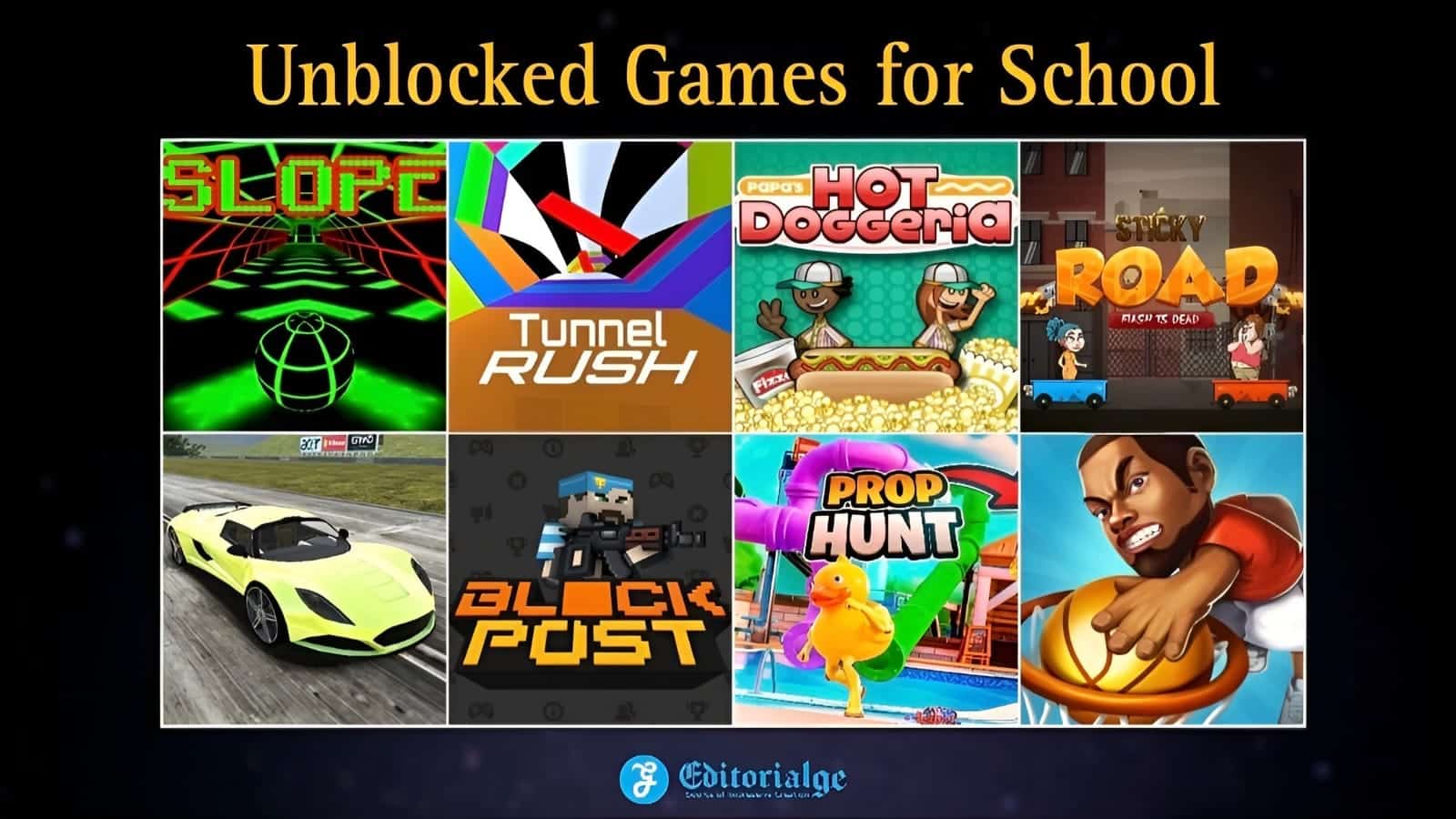



![22 Best Unblocked Games for School to Kill Boredom - [FREE]](https://www.techmaish.com/wp-content/uploads/2022/10/unblocked-games-pod-1024x576.jpg)
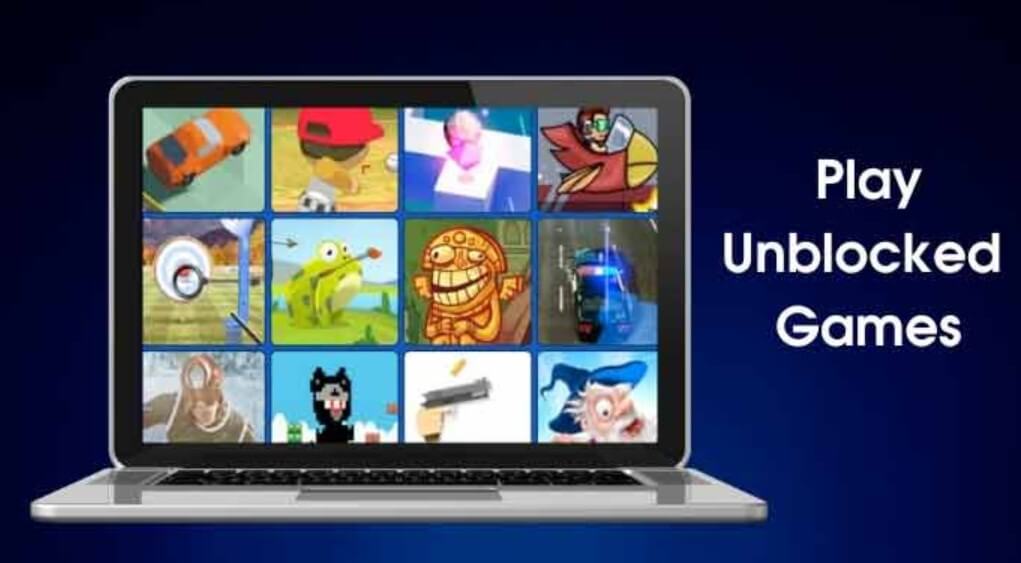
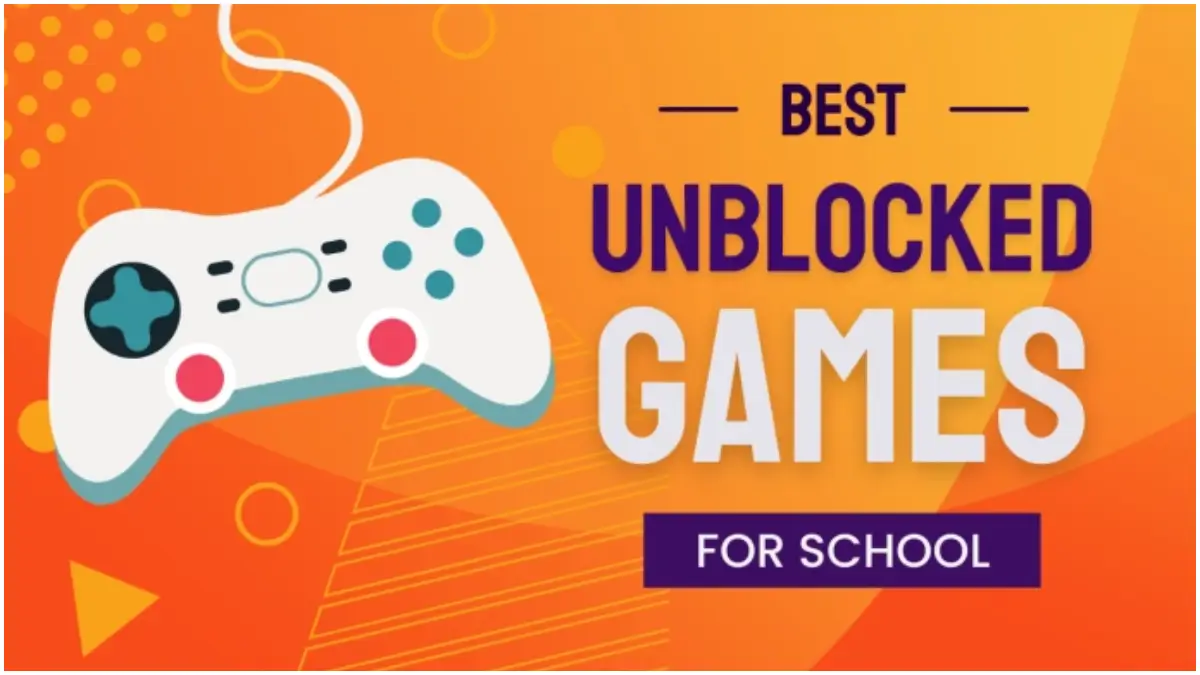
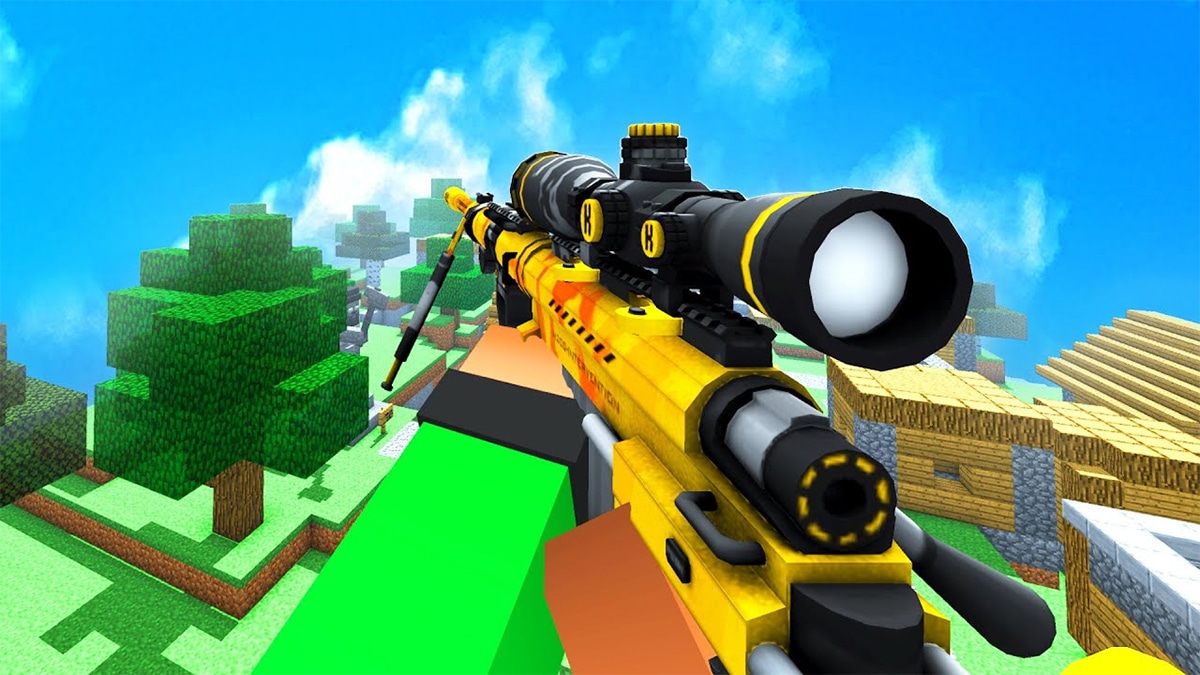
Closure
Thus, we hope this article has provided valuable insights into Unlocking Learning: The Best Unblocked Games for School. We thank you for taking the time to read this article. See you in our next article!
Leave a Reply